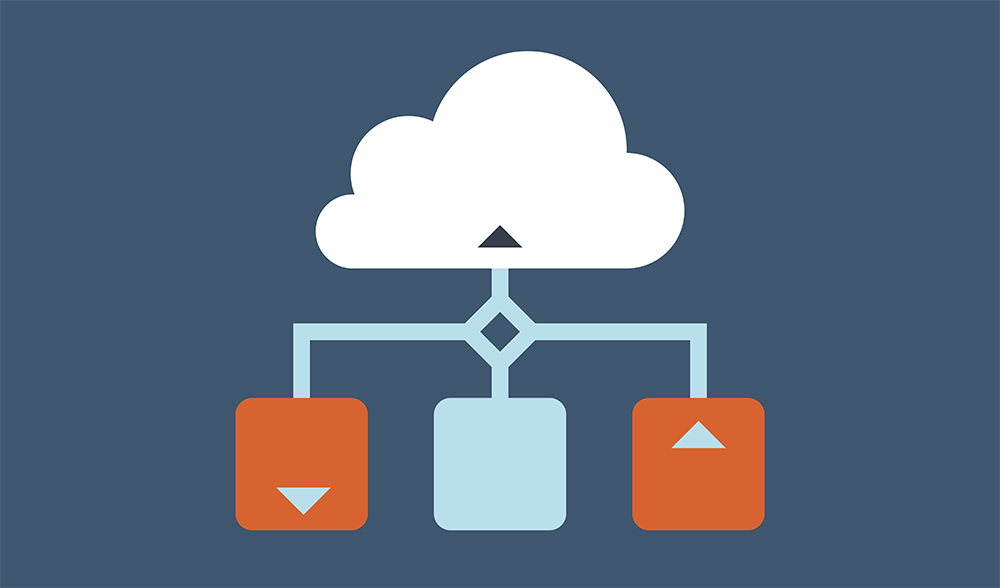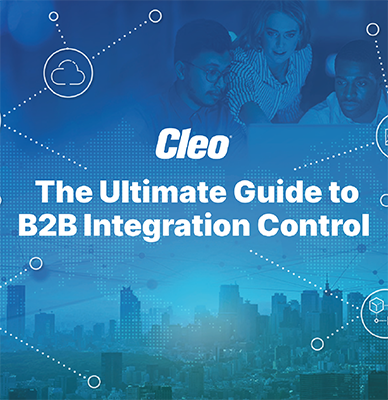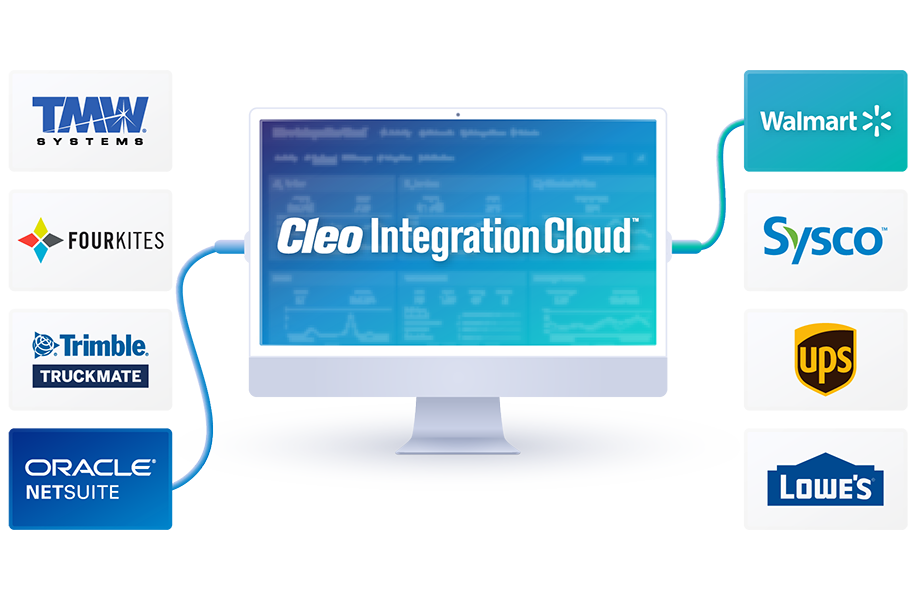What is Hybrid Integration? Learn about the Rise of the Hybrid Cloud Environment

Hybrid integration can mean a variety of things to a business, but one thing we all can appreciate is the flexibility that’s gained from an IT structure that supports a combination of technologies. Just like hybrid cars run on a blend of gas and electric technologies, hybrid integration enables companies to run their data exchange and technology consumption using a blend of two distinct technology deployments – cloud and on-premise.
We won’t rehash the debate of on-premise vs. cloud or even what SaaS integration is, but we will explore how they work in unison to deliver modern business needs. Organizations using hybrid cloud solutions can unify data across the cloud applications and legacy on-premise solutions, eliminating silos and putting data to work strategically.
Here’s what it means to embrace hybrid integration and a hybrid integration platform (HIP):
- What is Hybrid Integration?
- What is a Hybrid Integration Platform?
- Why Use a Hybrid Integration Platform?
- Benefits of Hybrid Integration Solutions
- Your Hybrid Integration Strategy
What is Hybrid Integration?
Hybrid integration is the process of operationally connecting cloud-based services with on-premises solutions or applications into a single larger system, allowing each solution to functionally work together.
Organizations leveraging a hybrid integration strategy combine cloud-based services with on-premises solutions to support their integration needs and drive business operations. But the goals of a hybrid architecture can vary slightly among businesses. They could be using the term “hybrid” as a means to:
♦ Seamlessly integrate on-premises systems and applications with cloud applications and services
♦ Facilitate B2B integration and enterprise application integration (EAI) on the same platform, to serve a mature mix of on-premise and cloud infrastructure
♦ Deploy various components of their integration technology in the cloud or behind their own firewall
Whatever it means to you, this type of integration strategy requires a hybrid integration platform that can flexibly connect and support the hybrid environment driving your business.
What is a Hybrid Integration Platform?
A hybrid integration platform is a solution that creates a framework for system integration between SaaS applications, data from databases or other systems, B2B solutions, and business processes.
A hybrid integration platform connects on-premises systems that reside on-site, cloud systems hosted by SaaS vendors, hybrid systems that are hosted both in the cloud and on-site, and embedded systems like IoT devices.
Why Use a Hybrid Integration Platform?
The challenge many organizations today must address is how to effectively balance their pre-cloud legacy technologies that have powered the business for decades with the modern benefits of hosted, purpose-built cloud and SaaS solutions.
Evolving business process demands mean businesses support new business models, including drop shipping, omnichannel retail, and e-commerce, which require more modern tools and more dynamic integration capabilities. So, it’s more common for companies to adopt subscription-based cloud technologies to drive those initiatives, including a CRM like Salesforce or Zoho, an ERP system such as Acumatica, a cloud financial management solution like Sage Intacct, or the Shopify e-commerce application to build a digital storefront.
Connecting and integrating core B2B systems with cloud-based technologies, then, requires different connectivity and integration approaches, such as using APIs and Web Services. Traditional enterprise integration approaches throw a patchwork of solutions at the problem, and such a setup means one-off tools, scripts, and technologies accumulate into a technology cluster that’s impossible to manage and impossible to efficiently scale.
A hybrid integration platform consolidates single-point B2B and enterprise service bus (ESB) technologies to simplify your integration patterns and advance your business outcomes.
Benefits of Hybrid Integration Solutions
Businesses leveraging hybrid integration and hybrid cloud integration ultimately will be able to scale up or down to keep pace with the business. The benefits of a hybrid integration approach, then, include the ability to:
- Flexibly deploy integration technology how and where you need it
- Outsource the management of often-complex solutions
- Integrate cloud solutions with on-premise data communications
- Leverage the best-of-breed technologies that give you the best chance for business success
- Scale to handle emerging data requirements throughout your business ecosystem
But it also supports cloud, on-premise, hybrid, and embedded deployments to give you maximum flexibility and optimization, so you can:
♦ Deploy integration technologies in the cloud
♦ Run integration pieces in a private deployment (on-premise or in a private cloud)
♦ Manage your important integrations via self-service or managed service capabilities
A combination of self-service and managed services offerings is increasingly important today, as more regulated industries like healthcare and financial services demand added security, governance, and control of their integration processes, while others prefer to offload integration management altogether.
The managed services route means you can free internal resources from building and managing applications, save on hardware investment and maintenance costs, and reduce resources spent managing complex integrations and focus on core initiatives that will grow the business.
Your Hybrid Integration Strategy
Throughout your business ecosystem of trading partners and customers, being able to handle integrations of all shapes and sizes is critical. No business can afford to turn away a potential customer because it isn’t equipped to manage specific integration requirements. That’s why integration must happen how and when your business needs it, and the best way to accomplish that is through the flexibility provided by a hybrid integration approach.
IT decision-makers understand that in addition to their on-premise and legacy systems, they'll need to leverage cloud and SaaS applications to achieve their business goals. The most successful and agile organizations can adopt the best cloud applications and on-premise solutions for the business without having to worry about how they’ll integrate each.
A modern hybrid integration platform ensures the business-critical data from on-premise systems can integrate with cloud application data, but it also supports hybrid deployment, where you choose which integration pieces to run in the cloud, on-premise, or in combination, so you can that fits your business needs.
A true HIP like Cleo Integration Cloud supports multiple integration scenarios – whether it’s application integration, B2B integration, SaaS integration, or data integration – but also provides those capabilities in the cloud and as software for private deployment. Discover how Cleo Integration Cloud provides the ultimate flexibility, scalability, and reliability for your strategic and tactical integration needs.

About Cleo

Watch a Demo

Comprehensive Guide to Gaining B2B Control

Duraflame Case Study
